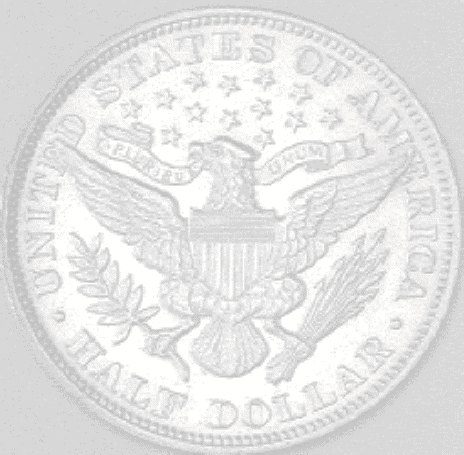
|
|
||
|
|
|
|
|
|
||

-35-
FOR BETTER OR WORSE:
Gold and Value
It is the chief characteristic of fiat money that it promises to pay real “money" (White, 117). Therefore, instead of being actual, or real "money", it is only the representative of real "money." What has happened then, when fiat money ceases to carry a promise of redemption and is passed as real "money?"
About 1800 B.C., the Hyks0s
invaded Egypt. "Now there arose up a new king over Egypt which knew not
Joseph." --(Exodus 1:8) The Hyksos brought from Mesopotamia the idea of
"scarabs," little carved beetles, which they introduced to the native
Egyptians. Since beetles were worshipped in Egypt, the people traded
their gold and silver for them (Saussy, 87).
In minutes one could carve a scarab, while gold
had to be mined and refined. The idolatrous Egyptians nevertheless
accepted these carvings for their purported value thus leaving the
Hyksos to slowly steal Egypt's gold. While prohibiting its free
circulation at home, the government used Egyptian gold to trade abroad
(Saussy, 88). Question: “What have the bankers done with the gold
belonging to American citizens?"
The fraudulent value of currency will be
perceived when one considers the first ones to use the currency are the
ones who printed it. It cost them nothing. They simply passed it off at
whatever "value" they printed upon it, By means of such fraud,
governments have been able to siphon real wealth from their people.
The longer a person retains his currency, the
more of it will be needed for an exchange. Thus people who are least
able to afford it --such as widows and orphans, and others living on
fixed incomes --are the ones who suffer most from paper "money" schemes.
"Government control over the economy is Number
One with all forms of dictatorships the world has ever known!” (Lockman,
3) As Thomas Jefferson said,
There is scarcely a king (or a would-be king) in a hundred who would not, if he could, follow the example of Pharaoh --get first all the people's money, then all their lands, and then make them and their children servants forever (Griffin, 173).
Governments always try to
"sell" their people on fraudulent money. In the 13th century, Kubla Khan
imprinted mulberry bark and forced his subjects to accept it in payment
(Wilber, 27). When Marco Polo returned from China, he reported "nor does
any person at the peril of his life refuse to accept it in payment” (Lockman,
15).
